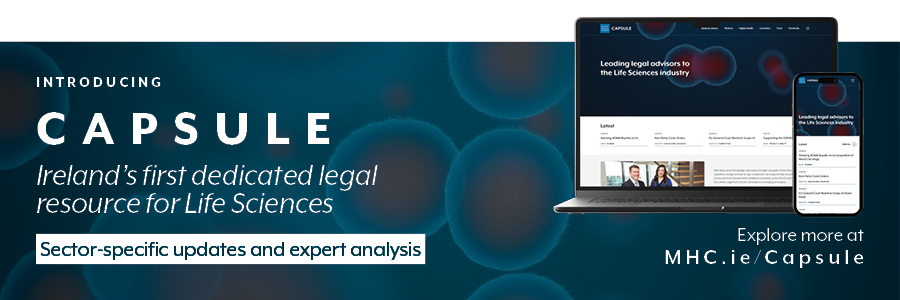Life Sciences AI Life Sciences
Welcome to the Artificial Intelligence (AI) Mid-year Review for 2025, where we consider the latest developments over the first half of 2025. As we reach the midpoint of the year, the regulatory framework governing artificial intelligence in the EU continues to take shape at pace. This year has already seen a series of important developments related to the AI Act.
These developments will have implications for organisations developing or deploying AI systems:
- The AI Office has offered early clarity on its approach to general-purpose AI models through its draft guidelines
- Guidelines have also been published on prohibited AI as well as AI systems
- Most recently the Commission has launched its consultation on high risk AI systems
- An AI literacy living repository and Q&A has been developed to assist in the practical implementation of the AI literacy obligation
- The European Data Protection Board (EDPB) has published a report on AI privacy risks and mitigation measures for Large Language Models (LLMs)
With the obligations for prohibited AI and AI literacy now in effect, and the obligations for general-purpose AI models fast approaching, the window for organisations to assess AI Act readiness and implement changes is narrowing.
In this Mid-year Review, we explore the most impactful regulatory updates, offer practical insights on how businesses should respond, and outline what we expect for the remainder of the year.














